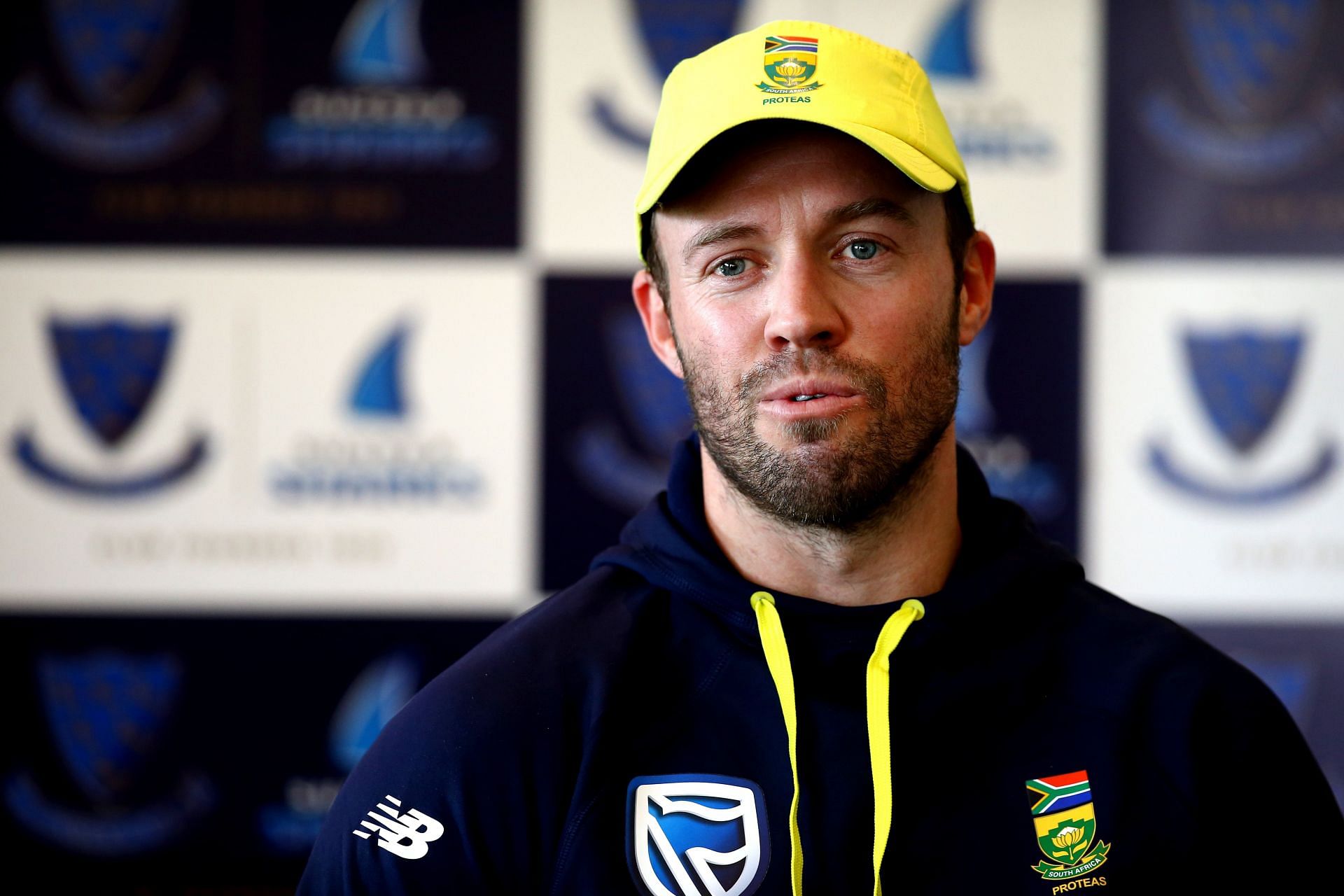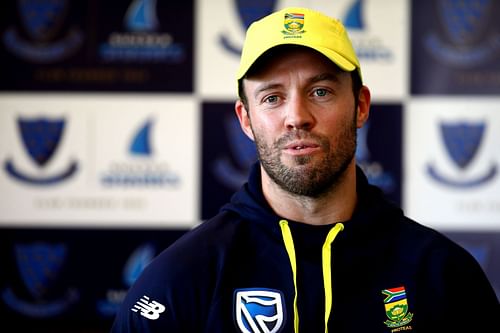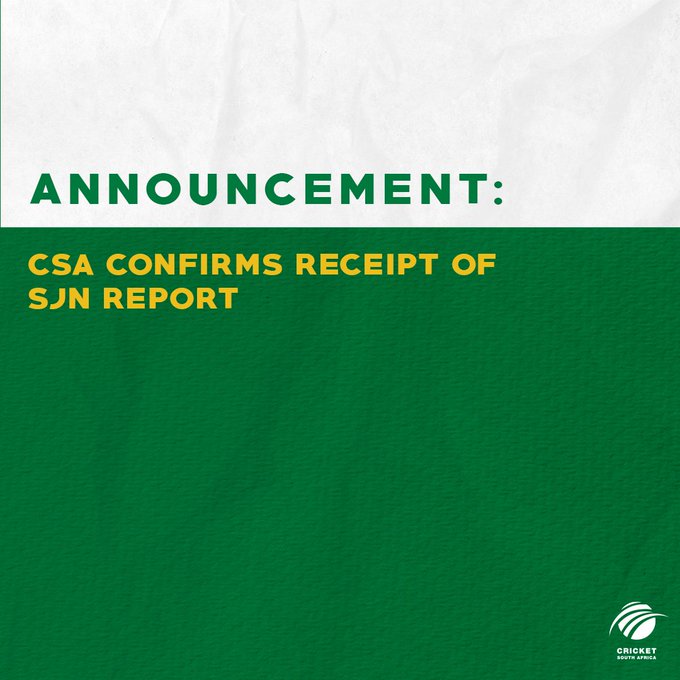
"I expressed honest cricketing opinions" - AB de Villiers responds to allegations of racial discrimination

Ab De Villiers took to his social media accounts on Wednesday to clarify that he never racially discriminated against anyone during his time with the Proteas team.
De Villiers' name was dragged into controversy earlier this year. South African cricketer Khaya Zondo claimed that the star batter did not let him be a part of the playing XI in an ODI fixture against India in 2015. He revealed that Dean Elgar, who wasn't originally part of the squad, was preferred ahead of him.
Zondo made these revelations in his testimony during Cricket South Africa's (CSA) Social Justice and Nation-Building (SJN) hearings. De Villiers, in his Instagram post, mentioned that he only expressed honest cricketing opinions during his playing days. The former RCB batter confirmed that they were not influenced by anyone's race.
AB de Villiers wrote:
"I have wholly supported the aims of Cricket South Africa’s Social Justice and Nation Building process, to ensure equal opportunities in our game. However, throughout my career, I expressed honest cricketing opinions only ever based on what I believed was best for the team, never based on anyone’s race. That’s the fact."
SJN's final report was submitted on December 15. South African cricket stalwarts like Graeme Smith, AB de Villiers and Mark Boucher were named in the report. The findings suggested that CSA discriminated against their players because of their race.
"The SJN was an important process and that’s why the board backed it all the way" - says CSA Chairperson Lawson Naidoo
In his conversation with ESPNcricinfo, Lawson Naidoo revealed that the board was considering the 235-page report submitted by SJN. However, he added that they have not made any decisions yet.
Calling SJN an important process, Naidoo stated that it is the responsibility of the board to take action accordingly for the raised issues. Here's what he said:
"No decisions have been taken on any issues raised in the report and it would be premature to speculate on any action that may be taken. The board has got to look at the report in its entirety and engage with it seriously. This will be a continuation of what we are already doing. Overall, the SJN was an important process and that’s why the board backed it all the way. It is now the responsibility of the board to engage with the report.”
Notably, the entire process of SJN cost the South African board R7.5 million (US$500,000). While it was initially set to last for four months, it was later extended to over six months.
